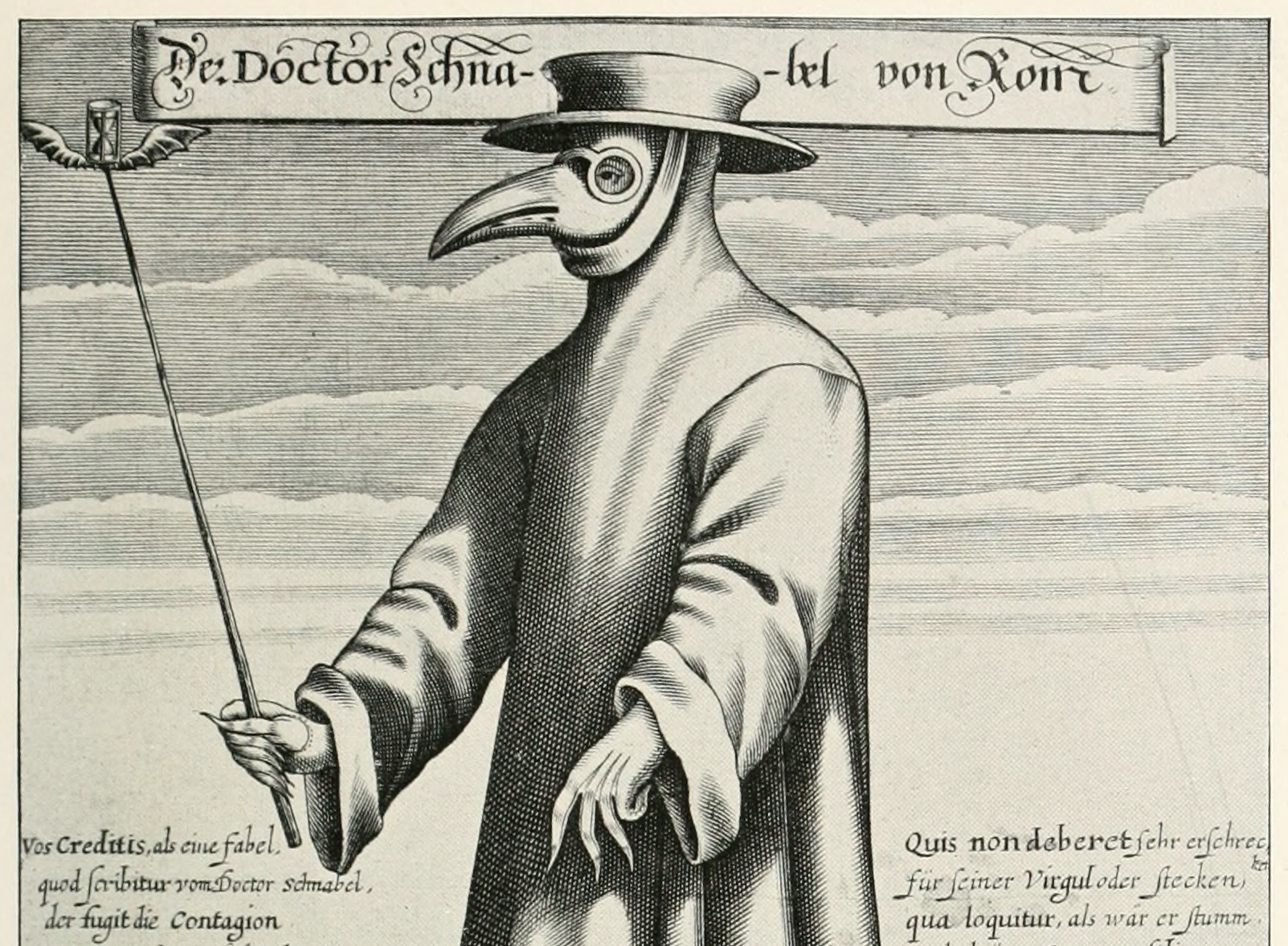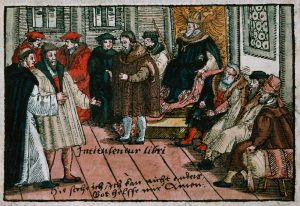With so many conferences cancelled these days @EMQuon2020 had a particularly refreshing idea to be played out on the internet: To host the first Early Modern Quarantine Conference — or simply Quonference — on Twitter.
We have decided to accept the challenge with a call for data which we would be able to present in a special data driven session on the event.
Whom would we like to attract? With a deadline on May 1st all those who have dying to come out.
If you have data silently passing away on old spreadsheets, decomposing on massive antiquated hard disc drives, decomposing on database islands without a download button… this is the moment to fuse them into the collaborative resource and to see whether we cannot link them to far more data on the community platform.
How to proceed?
- Contact us (olaf.simons@pierre-marteau.com) before 1st May with a Google spreadsheet of your data (click on “anyone with a link can edit”, to make your data accessible).
- Together we will take a look at your data to assess how much work it would cost to prepare them for input. (Look here for an idea of the database we are running.)
- You will have half a month to prepare your data and to see with us how to use them in a presentation.
- We will be happy to present your data also here on our blog.
- Each presentation should consist of between 5 and 15 tweets. Each tweet should have the official hashtag #EMQuon and be numbered i.e. 1/15.
- You can almost think of the tweet-thread as a kind of Power Point with identifiable sections.
- Tweets can contain pictures and even links to other media, sources or papers but the presentation should be understandable by reading just the tweets. Please explain terms and acronyms.
- Please tweet in any language though with subsidiary English tweets (you can use twice the length).
- You should draft your tweets so they are ready to be sent when your time opens. This way you ensure you meet the character limit and have time to troubleshoot if you have any issues with images or other media.
- It is preferred that you will be available during your presentation time slot and to answer questions afterwards, however you are unable to be present, you can schedule your tweets and should notify us.
- You can pace the tweets of your presentation to be slightly apart, to give people time to read and understand them, rather than sending them all at the beginning of your time slot.
- The audience can comment and ask questions using the hashtag and we ask that presenters aim to engage where possible and that other ‘attendees’ and presenters engage also.
- We ask that people respect the time of other speakers. The main discussion should happen at the end of each panel and discussions are encouraged after the conference.
- At the end of each day we will have some concluding remarks by the chair @EMQuon2020.
- Depending on the popularity of the CfP and the conference we would be open to add an additional day.
- Subject on the ongoing situation and time constraints we may look to create a record of the conference such as through an online blog or a PDF ‘proceedings.’
Here the @EMQuon2020 announcement:
EMQuon
|


